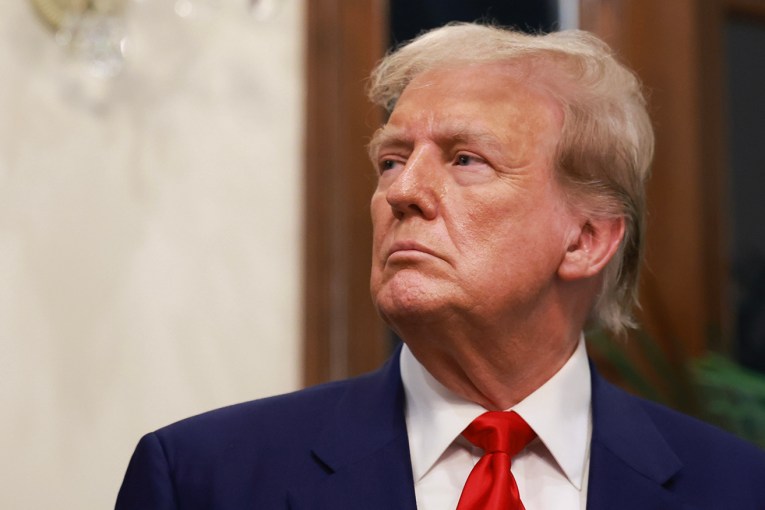Syria, opposition confirm talks
Syria’s government and the head of the main opposition coalition will participate in a UN-sponsored peace conference, but the two sides have laid out starkly different visions of what talks would bring.
The opposition sees a transitional government emerging, while the government insists it is not going to the conference to hand over power.
The long-delayed peace talks, set for January 22 in Geneva, would be the first face-to-face talks between President Bashar Assad’s government and its opponents since the Syrian conflict began in March 2011. That has raised hopes a resolution to a civil war that activists say has killed more than 120,000 people could be within reach.
Syria’s Foreign Ministry confirmed in a statement that Assad would send an official delegation to the conference. The ministry stressed that the representatives “will be going to Geneva not to hand over power to anyone” but to meet with those “who support a political solution for Syria’s future”.
The main Western-backed Syrian opposition group also said it was ready to attend. “We have presented in our last coalition meeting a clear complete vision regarding going to (the conference) and it was approved with the consensus of the coalition and now we are ready within this spirit to go,” Ahmad al-Jarba, chief of the Syrian National Coalition, told reporters.
Al-Jarba reiterated the coalition’s stance that it saw the conference as leading to a transitional government. The Syrian opposition and its Western supporters insist that Assad cannot be part of such a government.
In a jab at Britain and France, the Foreign Ministry said that if Paris and London “insist on holding fast to these illusions” that there is no place for Assad in a transitional period, then “there is no need for them to attend Geneva 2”.
“Our people will not allow anyone to steal their right to decide their future and leadership and the main goal of the Geneva conference is to fulfil the interests of the Syrian people alone, and not those who shed their blood,” the statement said.
The continued bloodletting is but one of huge hurdles that remain ahead of talks.
Al-Jarba said his group rejected Iran’s participation in the conference, unless it withdrew forces fighting on Assad’s behalf. The Iranian-allied Lebanese Hezbollah group has backed Assad’s troops. Iran’s Revolutionary Guard has said it has high-level advisers in Syria but denied having fighters there.
In Tehran, the Iranian and Turkish foreign ministers called for a ceasefire as soon as possible, saying a halt in fighting would enhance chances of peace talks succeeding.
In Washington, State Department spokeswoman Jen Psaki said the end goal of the Geneva gathering must be a transitional government.
She rejected the Assad government’s reference to this objective as “foreign demands.”
“The goal of Geneva has nothing to do with foreign demands,” Psaki said. “It has to do with bringing an end to the bloodshed and suffering of the Syrian people.”
Previous attempts to bring Syria’s government and opposition to the negotiating table have failed. The disputes have centred on who should represent the two sides, whether Iran, Saudi Arabia and other regional powers should be at the table, and – above all – whether Assad will remain in office.
Syrian officials say Assad will not surrender power and may even run again in elections due in mid-2014.






